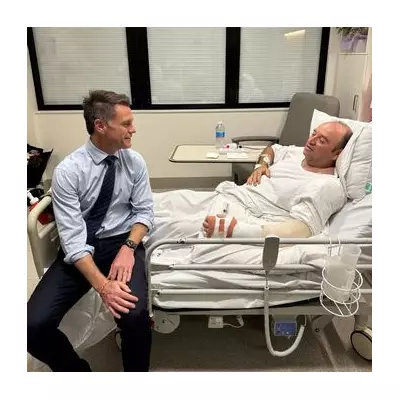
Alarming new data from the NHS has exposed a devastating 41% surge in Female Genital Mutilation (FGM) cases across England, signalling a growing national crisis.
The latest figures reveal that 6,590 newly recorded cases were identified in the past year alone, up from 4,655 the previous year. This brings the total number of women and girls living with the horrific consequences of FGM in England to a staggering 79,845.
'Just the Tip of the Iceberg'
Leethen Bartholomew, Head of the National FGM Centre, delivered a chilling warning, stating that these official numbers represent only a fraction of the true scale of the problem. He described the situation as a 'ticking time bomb,' with countless unreported cases lurking beneath the surface.
Mr Bartholomew emphasised the urgent need for action, particularly with the summer holidays—a period notoriously known as the 'cutting season'—fast approaching. This is when young girls are often taken abroad to undergo the illegal procedure.
The Hidden Victims and Regional Hotspots
The data paints a disturbing picture of the crisis, with nearly a quarter of the recorded cases involving girls under the age of 18. London remains the epicentre of the issue, accounting for over a third of all cases nationwide.
Other major hotspots include the Midlands and the East of England, with cities like Birmingham, Manchester, and Sheffield also reporting significant numbers. The most common countries of origin for these practices were identified as Somalia, Kenya, and Sierra Leone.
A Call for Vigilance and Action
Despite FGM being illegal in the UK since 1985 and the introduction of mandatory reporting for teachers and health professionals, the practice persists. The National FGM Centre is urging heightened vigilance from all frontline services, especially during the summer months.
Mr Bartholomew called for a multi-agency approach, stressing that protecting vulnerable girls requires the concerted effort of educators, medical professionals, social services, and law enforcement. The fight against FGM, he insists, is far from over.





